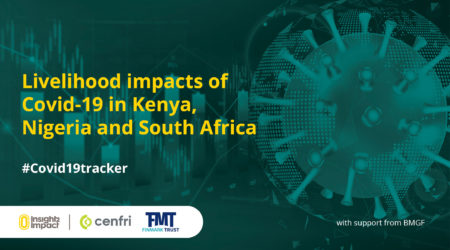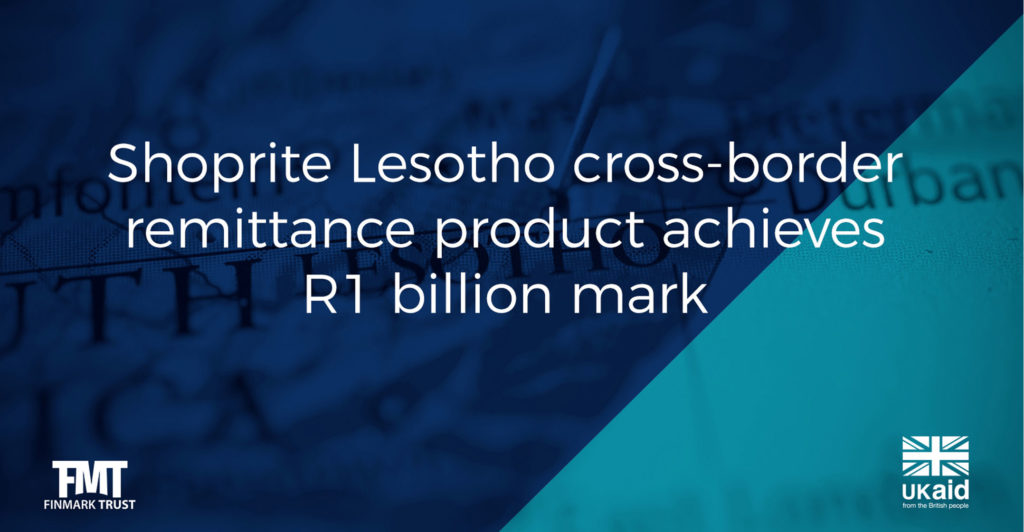 According to a recent report by the International Finance Corporation, which measures the size of South Africa’s small business sector, of South Africa’s estimated 5.78 million MSMEs (micro, small and medium-sized enterprises), only 14% are formalised. Of the 817 000 formal MSMEs, 686 000 are classed as small, very small and micro. In contrast, there are more than two million informal MSMEs and 2.89 million survivalist businesses. Most micro and very small businesses exist to create self-employment.
According to a recent report by the International Finance Corporation, which measures the size of South Africa’s small business sector, of South Africa’s estimated 5.78 million MSMEs (micro, small and medium-sized enterprises), only 14% are formalised. Of the 817 000 formal MSMEs, 686 000 are classed as small, very small and micro. In contrast, there are more than two million informal MSMEs and 2.89 million survivalist businesses. Most micro and very small businesses exist to create self-employment.
Retail accounts for the majority of MSMEs, with most MSMEs operating in domestic trade (wholesale and retail). The current lockdown has seen a boom for large food retailers and established chain stores, which have benefitted from panic buying, but presents a serious blow to the prospects of small independent retailers in township environments.
While the lockdown regulations allow food retailers to continue trading, they must formally apply for a licence to do so. There is lack of clarity as to whether independent retailers such as spaza shops are allowed to trade from their premises and social distancing protocols have discouraged shoppers from utilising their services. This has resulted in most shoppers flocking to large chain stores as evidenced by the long lines seen at shopping malls and large outlets.
In its support of small businesses in South Africa, FinMark Trust will focus on connecting township food retailers to their customer base using digital means. It has partnered with the Redshift platform, which provides small businesses the opportunity to list themselves and accept orders from shoppers. These orders can then be pre-packed and readied for collection by the customer or for home delivery. As part of the on-boarding process, the platform will allow MSMEs to formally register as essential services which will allow them to continue to trade during the lockdown.
This is part of a greater strategy by FinMark Trust to encourage greater formalisation and digitisation of township businesses. Subsequent phases will include introduction of digital payments and digital generation of management accounts that will assist in securing funding for working capital and expansion.
The Redshift platform
Redshift has launched its Local Store Connector. This offers an affordable and easy-to-use website builder whereby local retail stores in South Africa can get their products online and selling to their communities.
Redshift’s Online Store Connector is an online platform that functions in two ways:
- It allows retail MSMEs to register their stores in order to access the local market; and
- It allows customers to shop from their local stores by simply submitting their grocery list and collecting their them after receiving confirmation, thus avoiding long queues and the risk of getting infected and spreading the virus.
About Redshift
Redshift was born out of the frustration experienced by its founders at seeing small businesses, entrepreneurs and individuals unable to afford high-end websites, packed with the necessary features to take their businesses online. At the same time, in a country with high levels of unemployment and a growing need to compete digitally, the opportunity presented itself to lower the barriers to entry for people to build websites without the necessary technical skills.
Redshift developed its website builder, which uses an easy-to-use drag-and-drop interface, allowing users to create beautiful, functional websites off WordPress in a matter of hours. E-commerce sites – largely inaccessible due to price, can now be created by anyone for less the price of a takeaway meal. The company aims to uplift communities and train people on its platform to close the gap between business needs and unemployment and to create more jobs.
About FinMark Trust
FMT is an independent trust established in 2002 with the objective of Making Financial Markets Work for the Poor by facilitating and catalysing development towards greater access to financial services. Through engaging stakeholders with credible, evidence-based advocacy and initiatives, FMT has consistently promoted increased and responsible use of financial services. FMT’s knowledge base, built up through thorough and ongoing research into the demand and supply of financial services, has paved the way for the crafting of progressive policy and the development of sustainable initiatives by service providers in the service of the poor. Visit www.finamrk.org.za for more information.
For more details, contact Farai Muronda, head SA FI at FinMark Trust at [email protected], or Mmabatho Mokiti, founding director at Redshift at [email protected].
- This promoted content was paid for by the party concerned




